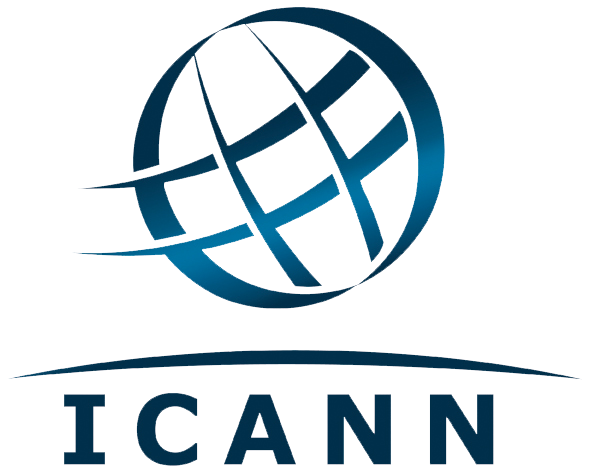ICANN Says Countries Don't Own Their Top-Level Domains
posted Saturday Aug 2, 2014 by Scott Ertz

A weird series of circumstances has led to a request to the Internet Corporation for Assigned Names and Numbers, which oversees the Internet on behalf of the US government, to turn over ownership of the country code Top-Level Domains for Iran (.ir), North Korea (.kp) and Syria (.sy). The request comes as part of a financial judgment against the countries for sponsoring terrorism. Unfortunately for them, this might not be possible.
ccTLDs are the easily recognized as the two letter suffix at the end of many websites. In the United States, the most common you might come in contact with are .us (United States), .tv (Tuvalu), .fm (Federated States of Micronesia) and .ly (Libya). Obviously some ccTLDs are highly sought-after for their English meanings, with common websites like Twitch.tv, last.fm and bit.ly taking advantage of these country codes. All of these suffixes, however, are either managed by someone in the nations in question or on behalf of the country (.tv is managed by GoDaddy).
These ccTLDs are not owned by the countries, though. In fact, they are not owned by anyone. The ICANN describes ccTLDs as "simply the provision of routing and administrative services for the domain names registered within that ccTLD." In other words, they are essentially nothing more than an Internet version of postal codes - a way of describing where the website resides, not who "owns" them. This makes sense, of course, as new TLDs have been added that are not country code related.
The group says that changing the master management would radically change the way the Internet works.
Forced re-delegation of these ccTLDs would destroy whatever value may exist in these ccTLDs, would wipe out the hundreds of thousands of domain name registrations in the ccTLDs, and could lead to fragmentation of the Internet.
There is very little chance that ICANN would agree to change the management if the registrations under those TLDs would be damaged, even if there was a technological way to accomplish this, which it would appear there is not. This is precisely why ICANN made the decision to de-centralize the infrastructure in the first place.

